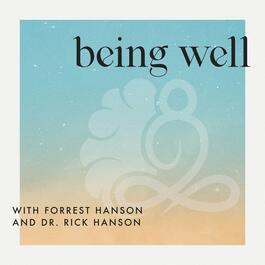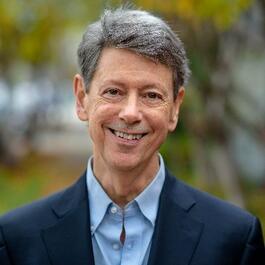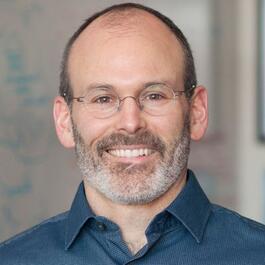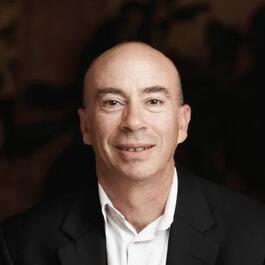
Being Well with Forrest Hanson and Dr. Rick Hanson
Forrest Hanson is joined by clinical psychologist (and his dad) Dr. Rick Hanson and a world-class group of experts to explore the practical science of lasting well-being. Conversations focus on the key insights from psychology, science, and contemplative practice that you need to build reliable inner strengths, overcome your challenges, and get the most out of life. New episodes every Monday.
Show episodes
Not caring - or nonchalance - is having a cultural moment. Nihilism is in, trying too hard is cringe, and the best way to cope with an often disappointing world is by not getting that invested. There’s just one problem: it’s hard to live a meaningful life without caring. In this episode, Forrest and Dr. Rick close 2025
Dr. Rick and Forrest open up the mailbag to answer listener questions about resentment, highly sensitive people, situationships, and expanding the window of tolerance. In the first three questions, they explore how resentment shows up across different relationships, including with coworkers, family members, and romanti
Dr. Rick and Forrest explore one of the major topics in psychology today: the tension between "mainstream" and "alternative" approaches, and how to understand evidence-based care. Using the recent IFS controversy as a backdrop, they discuss what it means for an approach to be evidence-based, the real-world dangers of i
Forrest is joined by psychiatrist Dr. Blaise Aguirre to discuss Borderline Personality Disorder (BPD) and Dialectical Behavioral Therapy (DBT). They explore how extreme emotional sensitivity can lead to despair, self-hatred, suicidality, and an intense fear of abandonment, and how DBT can teach the skills needed to reg
Dr. Rick and Forrest explore toxic relationships, focusing on how to identify and exit them. Rick talks about how positive traits like empathy, loyalty, and a sense of duty can keep us stuck. They then discuss common relationship red flags like lovebombing, cycles of idealization and devaluation, power imbalances, and
Dr. Becky Kennedy joins Forrest for a conversation about building better relationships, with ourselves, our partners, and our children. They talk about Dr. Becky’s framework of “good inside,” and how we can apply it to ourselves. Dr. Becky explains how many of the struggles parents face trace back to their own childhoo





